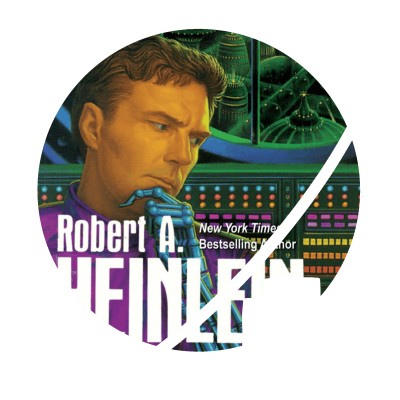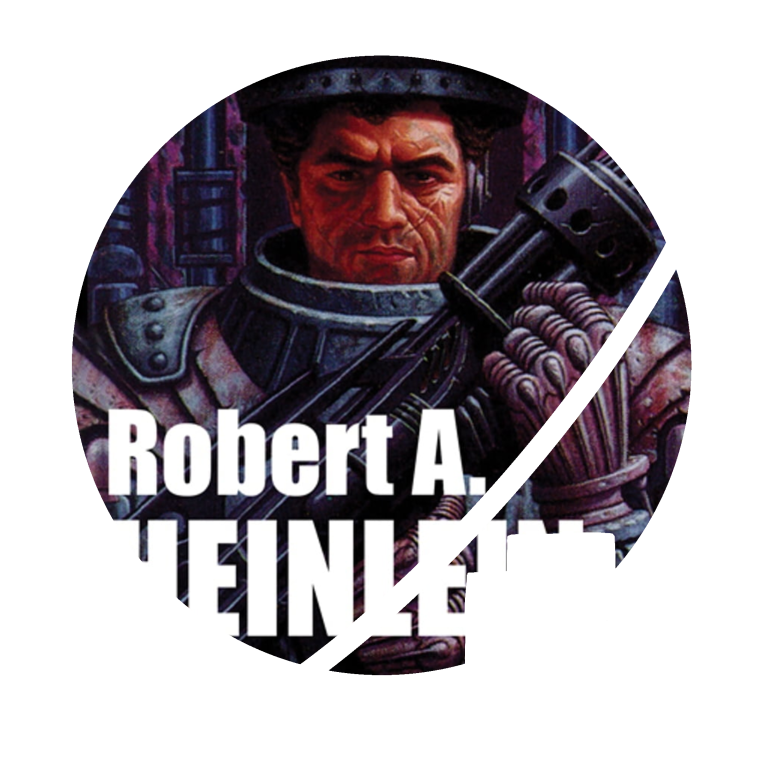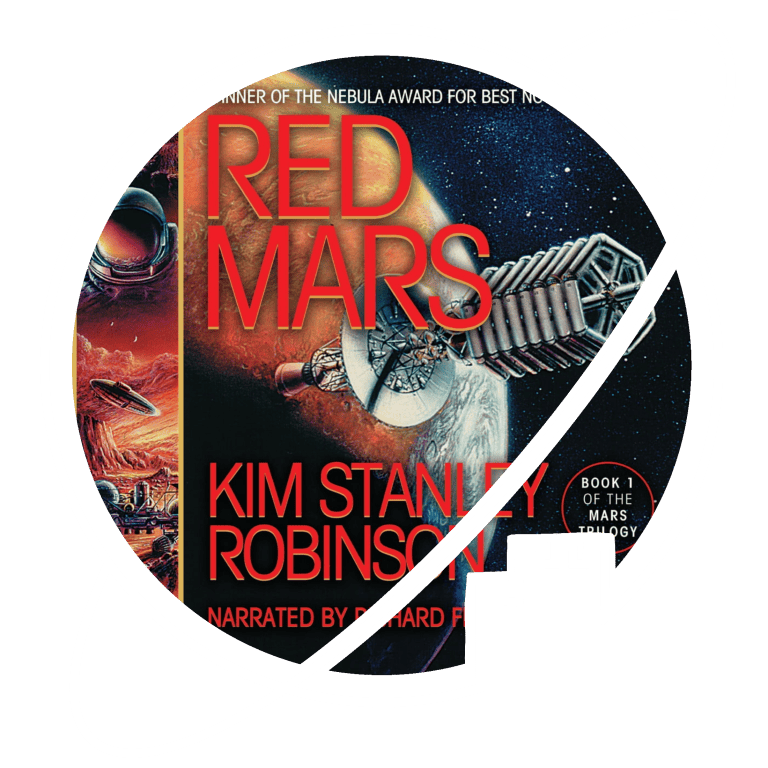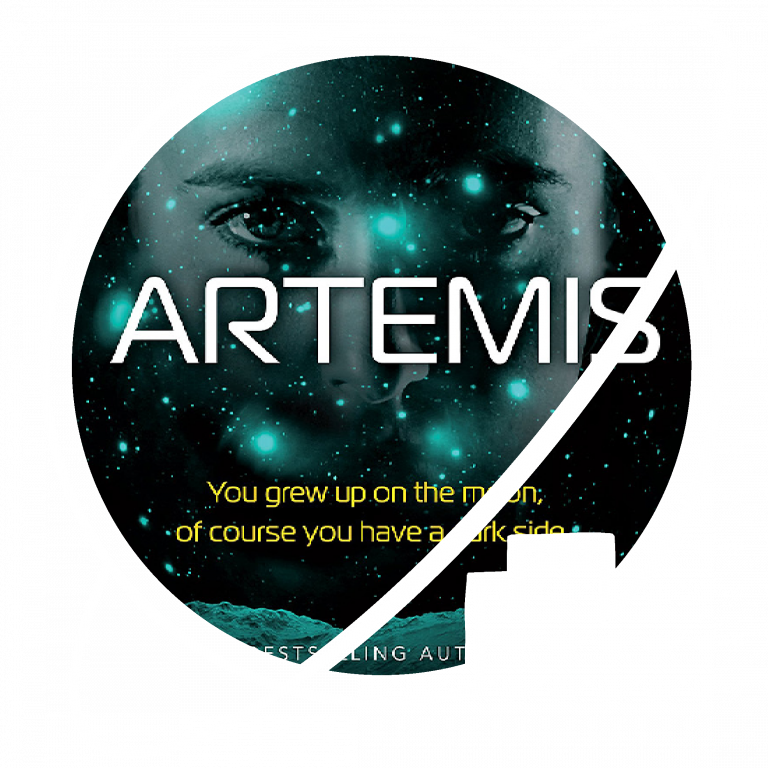- Book written by Robert A. Heinlein
- Published 2 June 1966
- Standalone


I love the classics of the genre, and if I have ever talked to you about science fiction, you will know that I am always explaining that ancient sci-fi novels are worth reading because they are still relevant to the present day. Still, even I am sometimes surprised myself exactly how true that statement can be.
The Moon is a Harsh Mistress is closing in on its 60th birthday. The overarching theme – of a population rising up against their oppressor – is as old as time, and will no doubt be recognisable for as long as people will be able to read. That is not what I am referring to, however. The Moon is a Harsh Mistress also delves into AI, deepfakes avant la lettre, polyamory, and gender – topics that may be more relevant now in 2024 than they ever were in 1966.
I will admit that Heinlein can be relatively crude about these issues – I don’t find his writing particularly thought-provoking because it lacks a little in subtlety (looking at you, Starship Troopers). There is a certain self-righteousness in Heinlein’s works, a certain conviction that doesn’t always feel like just the characters’.
In The Moon is a Harsh Mistress, the main character Manny’s dry cynicism can be a bit off-putting, though I do find it a charming way to introduce certain topics as extremely normal and hardly worth mentioning – such as the complex polyamorous family structure he is a part of. It is contrasted nicely with Wyoh’s rebellious fervour. But I never really liked the supposedly brilliant co-conspirator professor De la Paz’s platitudes about the evil of government and the virtues of self-organisation. He feels just a little too much as a conduit for Heinlein’s own political ideas. It is in fact the moments when Heinlein is consciously delving into the politics of building a nation that I think The Moon is a Harsh Mistress is at its weakest.
Perhaps that is simply a matter of space: Kim Stanley Robinson’s Mars Trilogy is not dissimilar to The Moon is a Harsh Mistress in some ways; though being a trilogy of books triple the size of Heinlein’s work certainly helps in establishing the Martian independence movement and the politics of the solar system in that.
Fortunately, The Moon is a Harsh Mistress has more than enough to offer besides the supposed wisdom of professor De la Paz. In particular, the AI Mike is a delight to read. His development as a character is central to the story, and I think Heinlein does a great job of making his interactions with the human characters believable. I like that Mike could probably have been really frightening, but never comes across as such in the story (though that is probably a matter of perspective).
Overall, The Moon is a Harsh Mistress is a surprisingly relevant classic that is well worth the read for its interesting characters and the tension of its plot, if perhaps not for its politics.








